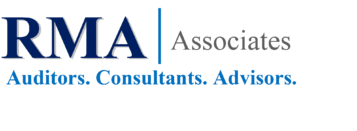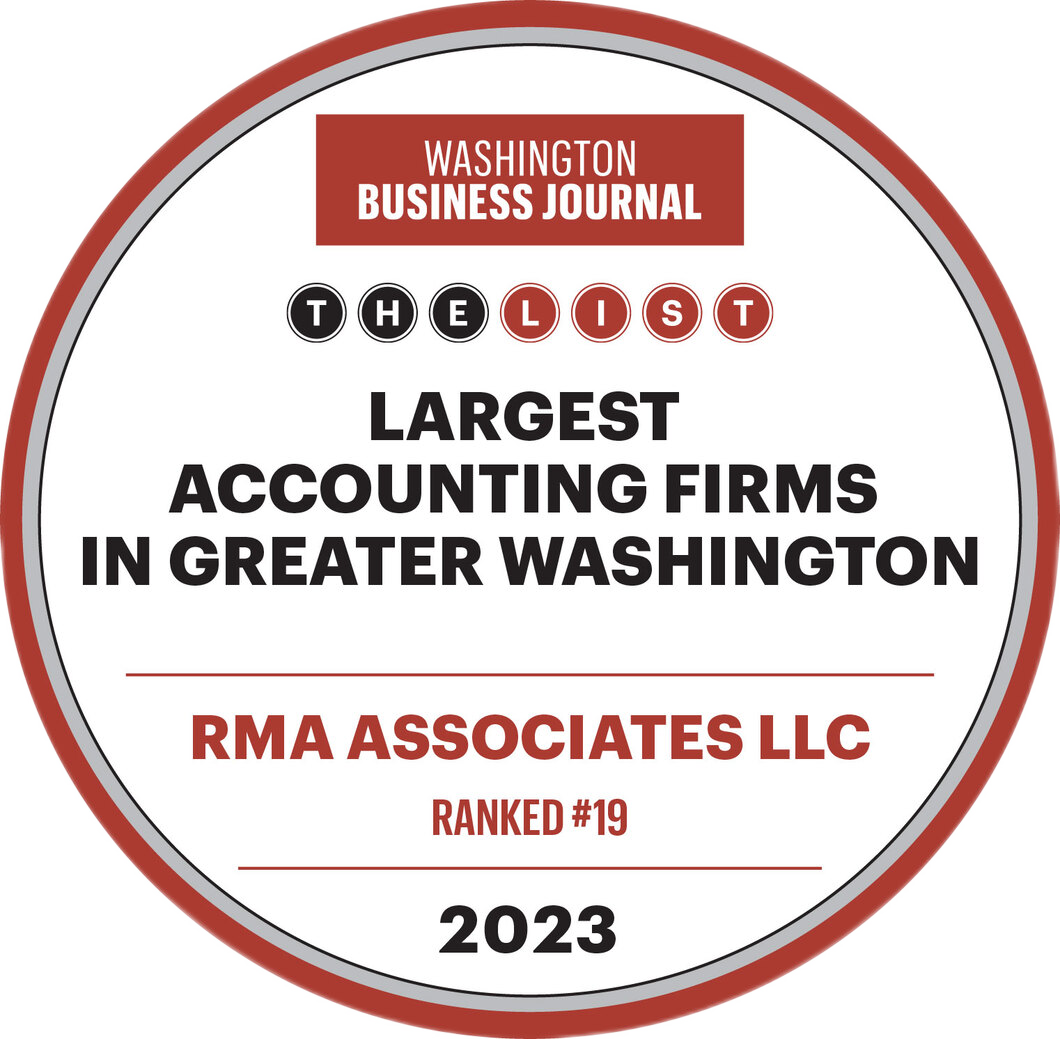iStock photo.
September 11, 2018
No matter what industry you are in, you might have heard the word blockchain spoken in awe, or you might hear about how bitcoin is either the best investment in the world or a tool for criminals. The blockchain itself, however, is often misunderstood.
The blockchain in reality, can benefit almost any industry from restaurants to mobile wallet providers
Let’s take a look at the what blockchain is, and how it can help transform the mobile payments industry.
What is the blockchain?
The blockchain is a decentralized ledger, which is unchangeable and fully transparent.
The bitcoin wiki describes it as,”a transaction database shared by all nodes participating in a system. A full copy of a currency’s block chain contains every transaction ever executed in the currency. With this information, one can find out how much value belonged to each address at any point in history,”
This means the blockchain acts as a public ledger, where every transaction is recorded and registered by a group of users. It is the backbone of bitcoin, a decentralized virtual currency.
The users confirm transactions through a process known as mining, where users lend their computer processing power to solve mathematical equations to confirm and register the bitcoin transactions.
While bitcoin was the first to use blockchain, it is not the only app for it. Ethereum also recently developed its own blockchain, and every cryptocurrency uses some form of the blockchain as well.
What can it be used for?
You might be thinking to yourself: this all sounds great, but what does the blockchain do for me? I don’t use virtual currency. Well, the blockchain has a number of uses.
For one, it can enable smart contracts, which Wikipedia defines as, “a computer protocol intended to digitally facilitate, verify, or enforce the negotiation or performance of a contract. Smart contracts allow the performance of credible transactions without third parties.”
The Ethereum blockchain can help automate this process, by pushing data to a user generated contract to execute on a certain date. This can be incredibly useful for banks or other financial institutions looking to automate large international contracts.
Other uses of the blockchain include: identity management, automated compliance, secure voting, supply chain management and decentralized ownership.
What does blockchain mean for the mobile payments industry?
For one, it can majorly boost consumer confidence with its secure nature. Blockchain can provide an immutable database for user’s personal data, adding an extra layer of security. Also if there are any illegitimate transactions, it is easy to track.
Also for customers who are hesitant to put their credit cards on their phones can use blockchain powered mobile payments solutions, which allow customers to use tokens instead of their credit cards.
These apps can also power loyalty programs for retailers. Customers can get tokens when they spend money, which they can either redeem for purchases or trade with other users.
How can fintech and traditional banking utilize the blockchain?
There are a lot of ways they can use it. Banks are currently experimenting with how they can use the Ethereum blockchain to power smart contracts. These smart contracts can help automatically verify and enforce the terms of a contract, which can be a major boon for banks and fintechs.
Financial institutions can also use blockchain for identity management or to settle loans more quickly and efficiently than older processes.
The blockchain can also help simplify trade finance, by enabling instant payments for big overseas shipments, which normally take weeks to finalize with paper trails.
Article via MobilePaymentsToday.com




No responses yet